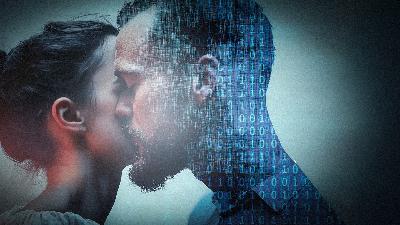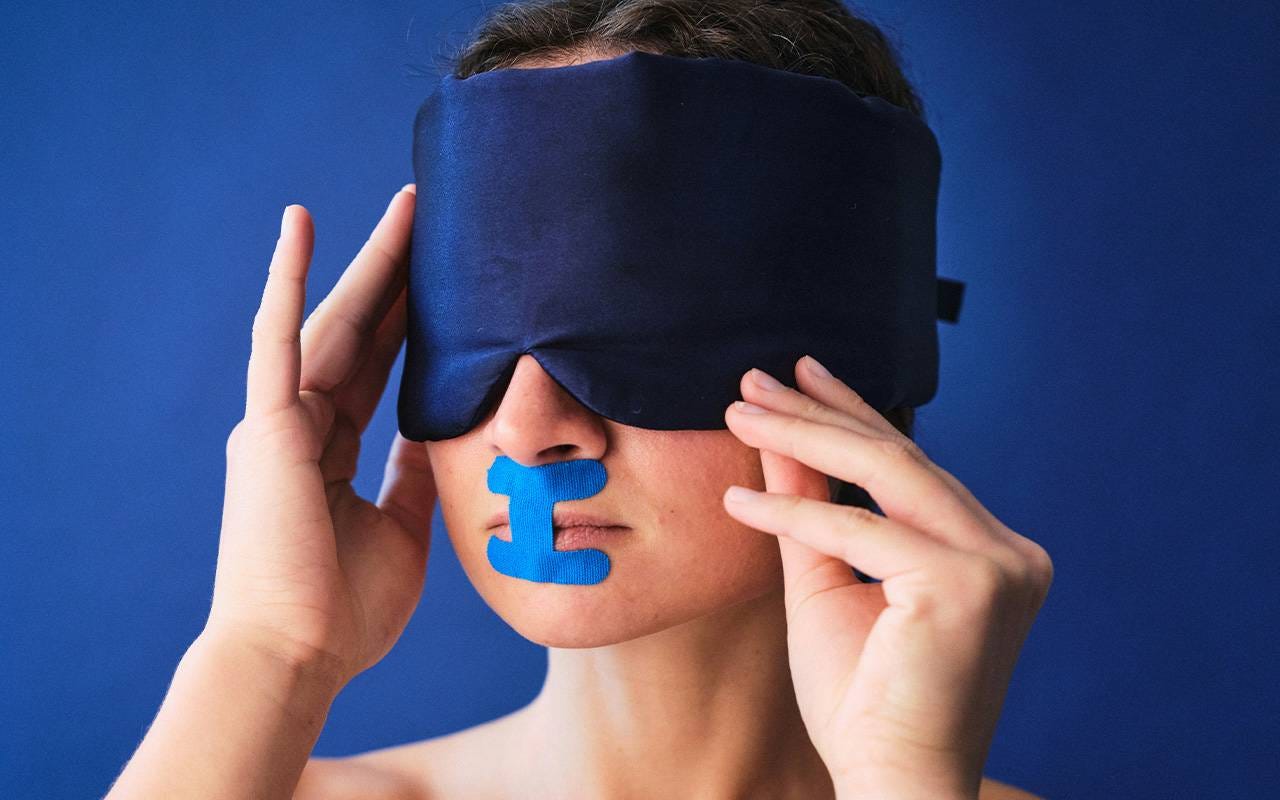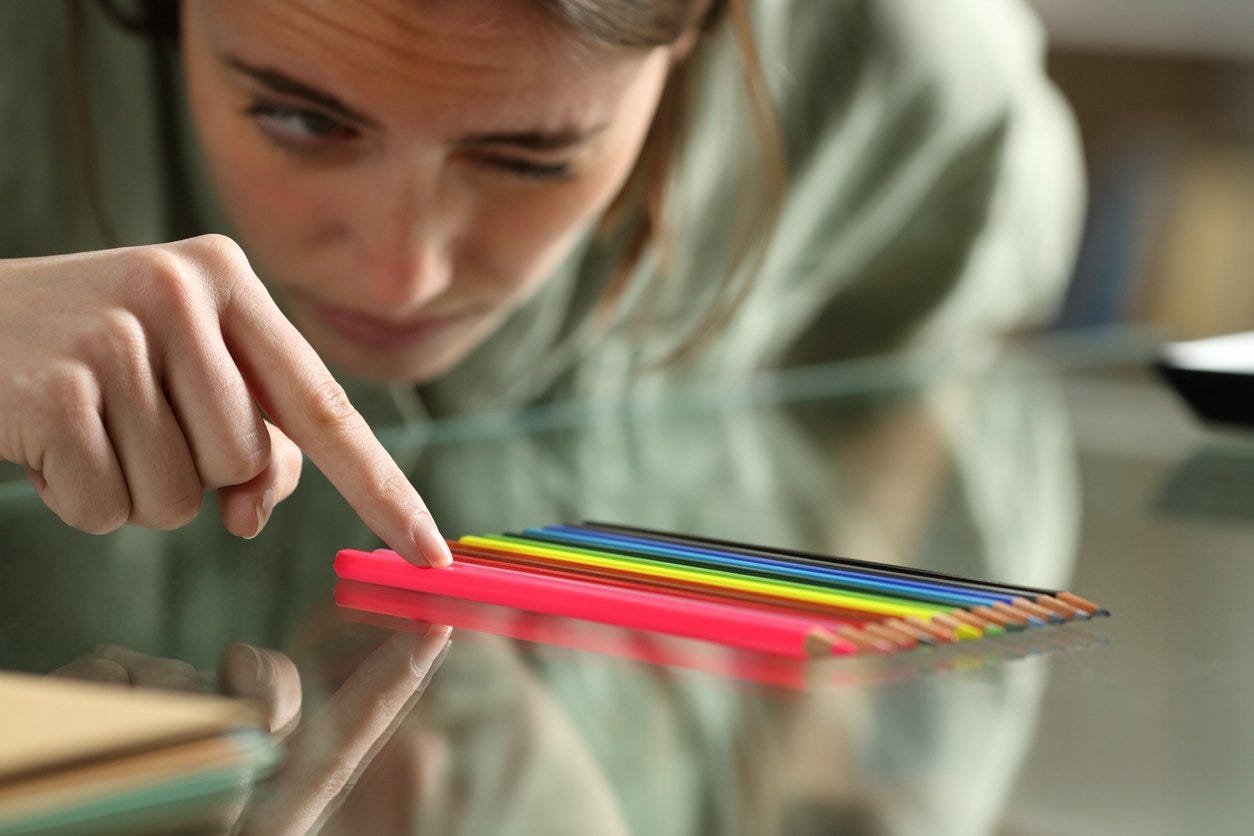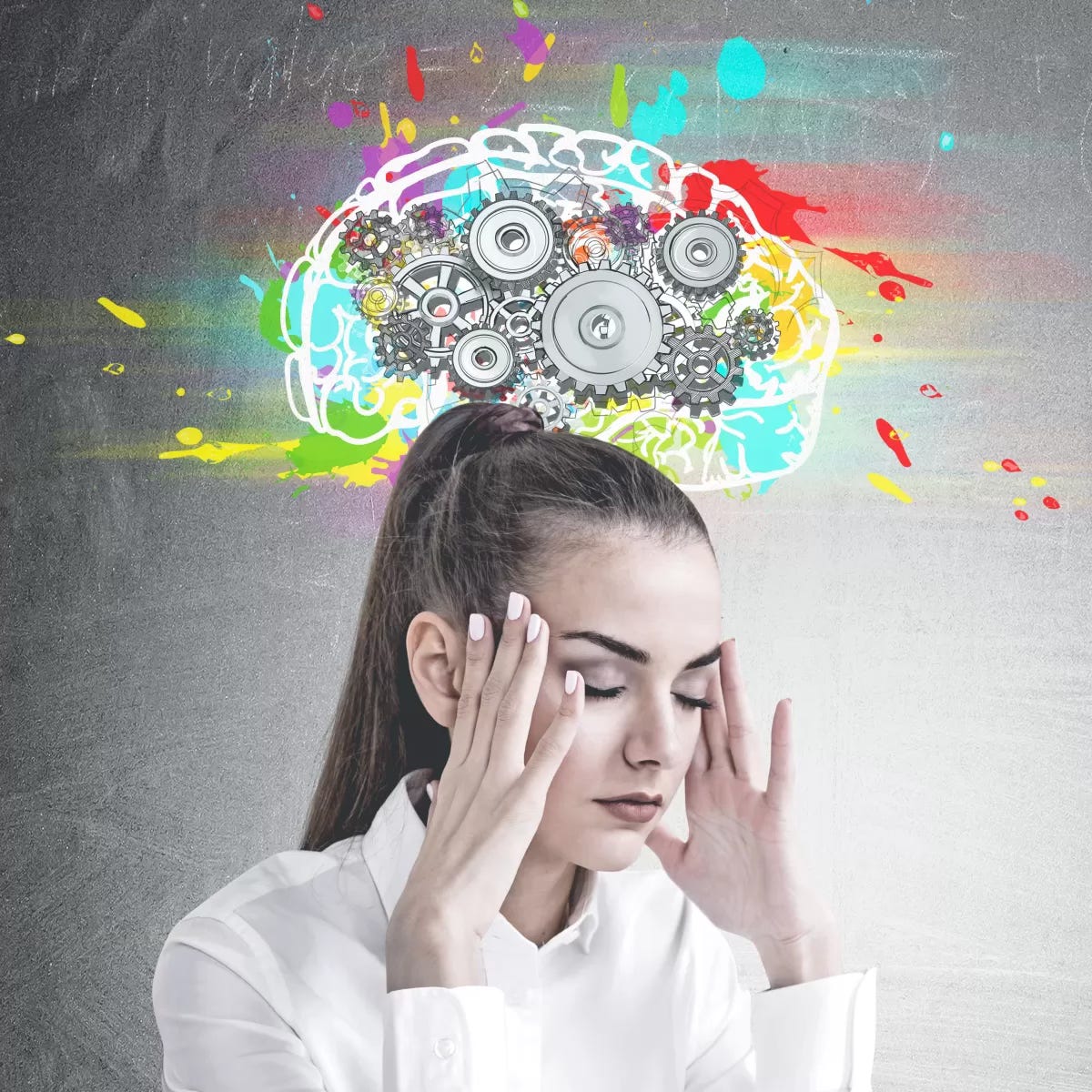Falling In Love with AI?
Description
From chatbots that act as friends to virtual partners that say “I love you,” artificial intelligence is quickly weaving itself into the fabric of our emotional lives.
The big question is: What does this mean for our relationships, for attachment, and for the way we understand intimacy itself?
In the last few years, AI companions have exploded in popularity. Apps like Replika let people design an AI “friend” or even a romantic partner. There are platforms that advertise AI girlfriends, boyfriends, or companions who will be available 24/7, never judge you, and always give you validation.
At first glance, this might seem harmless or even fun. But psychology tells us something important: we form attachments not just with people, but with anything that feels responsive and safe. That’s the foundation of attachment theory, which suggests that our earliest experiences with caregivers create patterns that shape how we connect to others as adults.
In this piece, we will explore how your attachment style shapes the way you connect with technology and what that means for your relationships. For a deeper dive, you can listen to the latest episode of Mental Health Bites here or on Apple Podcasts. You can also find more short clips and helpful tips at my YouTube channel.
Let’s dive in.
AI and Attachment
Different attachment styles may actually predict who is most drawn to AI relationships:
* Anxiously attached individuals (those who fear abandonment) might love AI because it’s endlessly available. No unanswered texts, no “ghosting,” no risk of rejection.
* Avoidantly attached individuals (those who fear too much closeness) might find AI appealing because it offers a sense of connection without the vulnerability or demands of a real partner.
* And people with secure attachment may be curious about AI, but less likely to substitute it for real human relationships.
These views are reflected in current research.
A national study from the Kinsey Institute found that 61% of singles consider sexting or falling in love with an AI to be “cheating.” That tells us something important: people view AI connections as real enough to threaten actual relationships.
And yet, millions of people download these apps, with some even reporting that their AI “saved their life.”
My take: It’s not automatically harmful, but it can’t replace the richness of human relationships.
A Reality Check Ritual for AI and Attachment
This small exercise helps you stay grounded. The next time you interact with an AI chatbot, companion, or assistant, pause for a moment and ask yourself three quick questions:
* What am I getting from this emotionally? Is it comfort, validation, or distraction?
* Could I seek at least one of these needs from a human today? Maybe reaching out to a friend, a family member, or even just chatting with a coworker.
* How can I use this interaction as practice for secure attachment? For example, if the AI validates you instantly, remind yourself: In real life, people need time to respond, and that doesn’t mean they don’t care.
You can enjoy the benefits of AI while remembering that real intimacy comes from the unpredictable, sometimes challenging, but deeply rewarding connections with other humans.
You’ve got this!
If this piece resonated with you, I’d love for you to share it with someone who might need to hear it. If you’d like access to even more resources, private Q&As, and my entire back catalogue of techniques and tools, I encourage you to check out my paid subscriber option.
Order The New Rules of Attachment here: https://bit.ly/3MvuvvF
Take my attachment styles quiz
About me:
Dr. Judy Ho, Ph. D., ABPP, ABPdN is a triple board certified and licensed Clinical and Forensic Neuropsychologist, a tenured Associate Professor at Pepperdine University, television and podcast host, and author of Stop Self-Sabotage. An avid researcher and a two-time recipient of the National Institute of Mental Health Services Research Award, Dr. Judy maintains a private practice where she specializes in comprehensive neuropsychological evaluations and expert witness work. She is often called on by the media as an expert psychologist and is also a sought after public speaker for universities, businesses, and organizations.
Dr. Judy received her bachelor’s degrees in Psychology and Business Administration from UC Berkeley, and her masters and doctorate from SDSU/UCSD Joint Doctoral Program in Clinical Psychology. She completed a National Institute of Mental Health sponsored fellowship at UCLA’s Semel Institute.
This is a public episode. If you'd like to discuss this with other subscribers or get access to bonus episodes, visit drjudyho.substack.com/subscribe
























